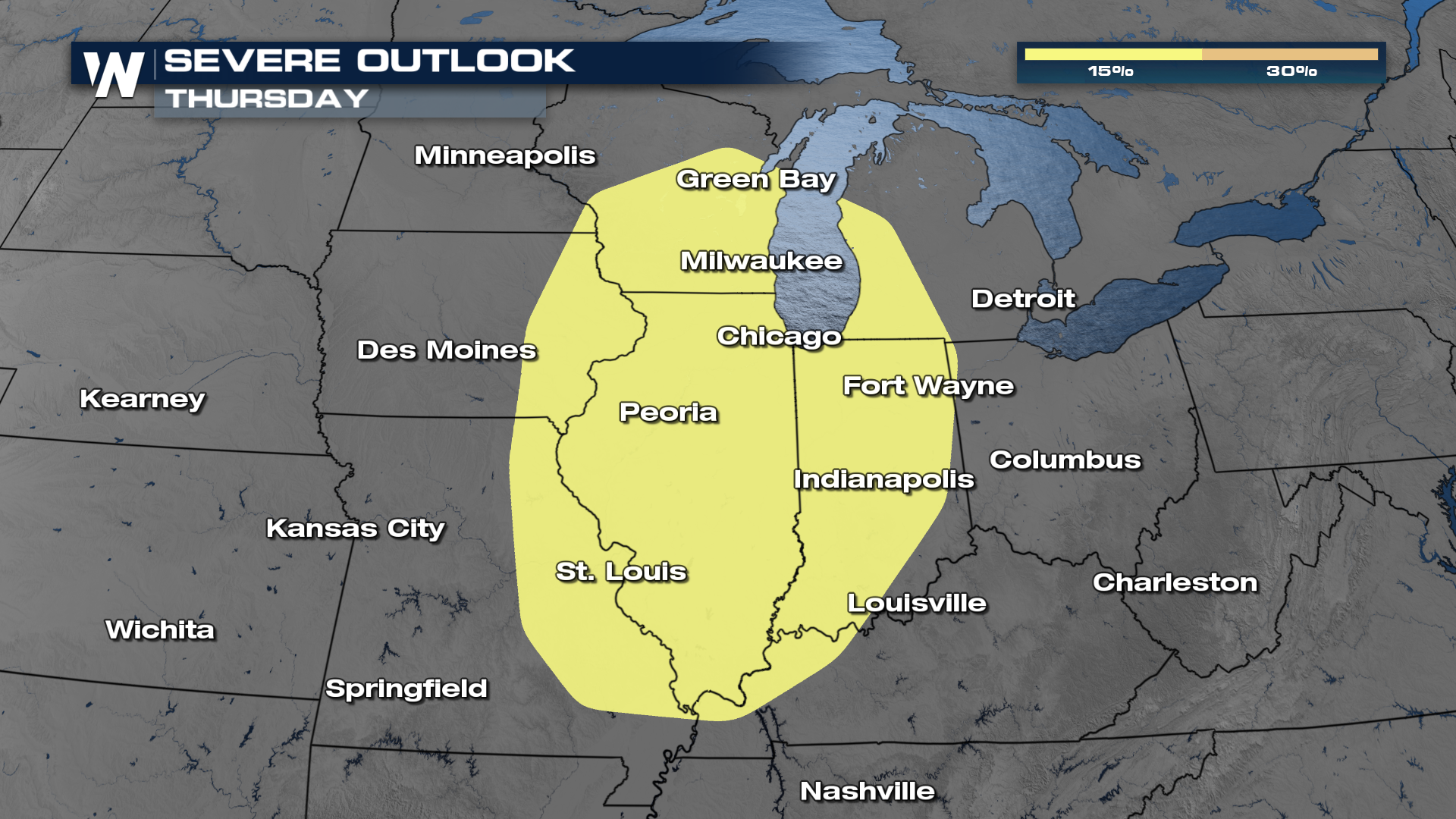A study led by the University of Washington underscores the escalating threat posed to seabirds due to Ocean Heat Waves linked to climate change.

Ocean heat waves are wreaking havoc on seabird populations along the Pacific coast, with nearly half of the world’s oceans experiencing unprecedented temperature surges this summer
Although the research focused on the northeast Pacific Ocean, scientists worldwide are deeply concerned about its implications.
The ocean heat waves found that elevated sea surface temperatures, defined as exceeding the 90th percentile for over six days, significantly increased the likelihood of seabird die-offs. When temperatures remained about 1 degree Celsius warmer than usual for six months or more, bird mortality soared fivefold due to ocean heat waves. Marine biologist Timothy Jones, a lead author of the study, described these findings as “unprecedented.”
Analyzing nearly three decades of data on beach-cast bird surveys from central California to Alaska, regardless of species, the ocean heat waves revealed alarming trends. Between 2014 and 2019, five massive mortality events occurred, potentially claiming over a quarter million birds. This frequency was previously seen only once per decade. Higher temperatures alter the plankton community, a crucial prey for seabirds, and create favorable conditions for disease outbreaks and algal blooms.
Ocean heat waves aren’t the sole cause of these mortality events, they exacerbate them, according to co-author Julia Parrish, a seabird expert at the University of Washington
Human-induced climate change, fueled by the burning of fossil fuels, along with the influence of El Niño, a temporary warming of the tropical Pacific Ocean, are the primary culprits. El Niño is projected to persist through the year’s end. August witnessed the highest global monthly average ocean-surface temperatures on record, surpassing the previous record set in March 2016. This alarming trend signals a pressing need for collective climate action.
READ ALSO: Flock Of Flamingos Grace Ten States Following Idalia’s Path




